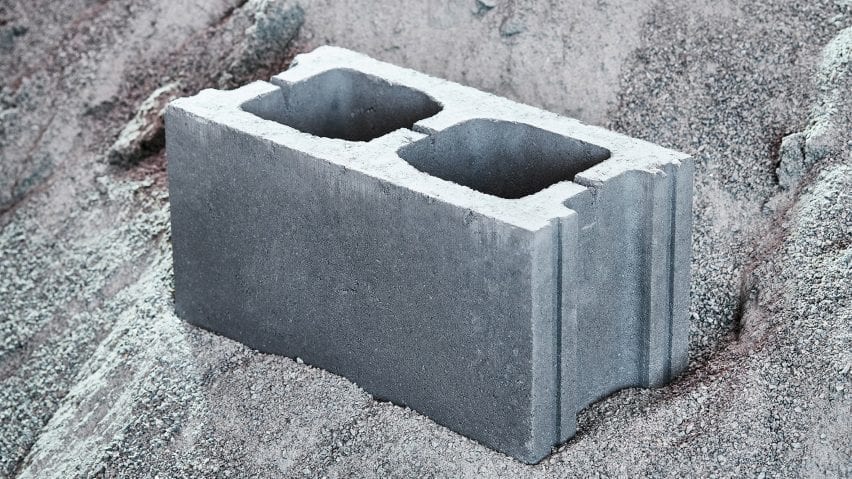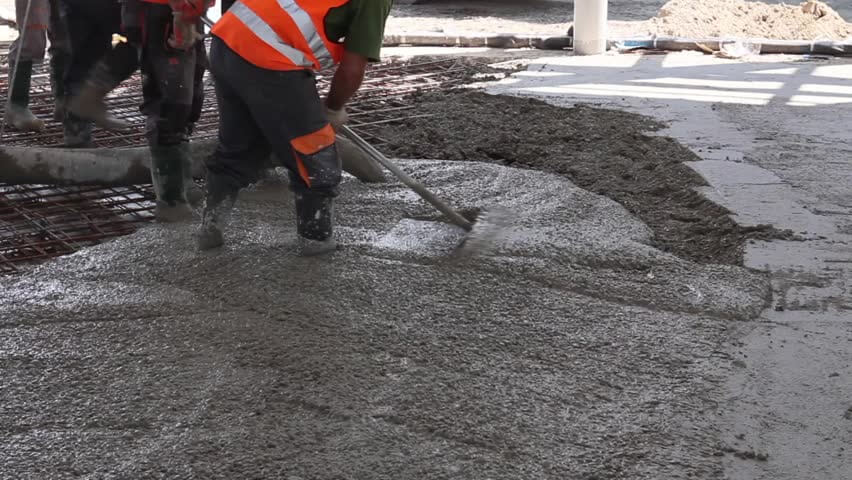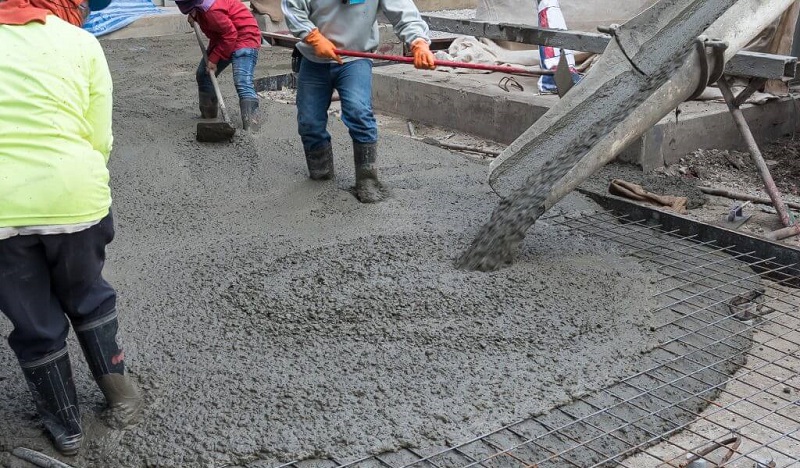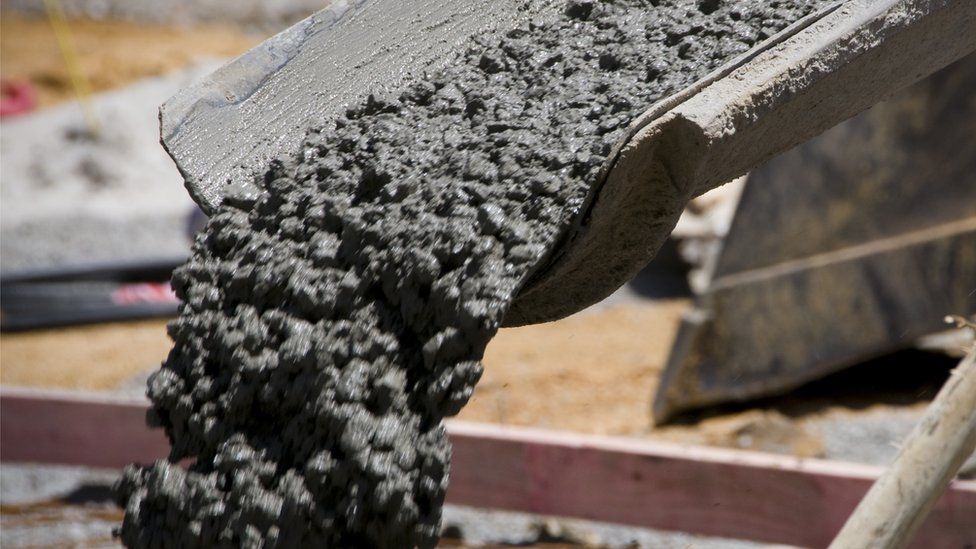Concrete is basically a mixture of fin, coarse, and aggregated fluid cement that gradually hardens itself. Earlier, the cement binders used were such as lime putty which was common in use. Sometimes, these were brought up in use with the hydraulic cement or the Portland cement constituents. It is one of the most widely used materials for construction purposes. The usage of concrete being double of wood, steel, plastic, or any other material. But it has some adverse effects on the environment. It is the reason behind the rapid emission of greenhouse gases. But on other hand, it has a lot of benefits as it is the one that can observe the pollution released by other industries.
Some of the characteristics of concrete are discussed below.
Weight of the concrete. The unit weight of concrete is based on the amount and type of voids and aggregates respectively, and the reinforcement of it. The weight of plain concrete is less if compared.
The durability of the concrete. Concrete is the most resistant material that is used in the construction of buildings and houses. It does not detour away over a long period of time. The main reasons behind the deterioration of concrete include the use of cheap constructing raw materials, environmental causes, temperature, moisture, humidity, chemical, physical and biological factors, etc. but the concrete is permeable enough to resist these factors. This permeability gets affected due to the irrational mixing of raw materials used in manufacturing.

Strength of the concrete. Concrete is considered the most durable and strong material. There are different subcategories related to the strength of the concrete which is discussed below.
Compressive strength. It is based on various factors like strength of cement, the ratio of water and cement, quality of the material used, etc. compressive strength is either tested on a cube or a cylinder. It is basically the ability of the concrete that how much weight it can hold on it without any damage.
Flexural strength. It is completely based on the tensile strength in the case of plain concrete. But some experimental studies prove that the module that is tested is greater than the strength of actual tension.
Tensile strength. The tension of the concrete is very minimal due to its brittleness. The tensile strength may vary in percentages of the ordinary concrete in terms of compressive strength. It is directly calculated or measured by using the split cylinders.
Shear strength. It is the main factor when it comes to the strength of the concrete. It varies with the compressive strength of the concrete.
Elasticity. It is not completely elastic. It depends on the mixture used in the formation, or the intensity and the stress, or the age of the concrete. The deformation does not take place as a reverse factor. It takes a few days in setting up and hardening of the concrete.
These are some of the properties of the concrete that makes it a perfect material to choose for any construction purpose. Though it has some adverse effects also but it has much more benefits which is the reason behind the vital usage of concrete.




